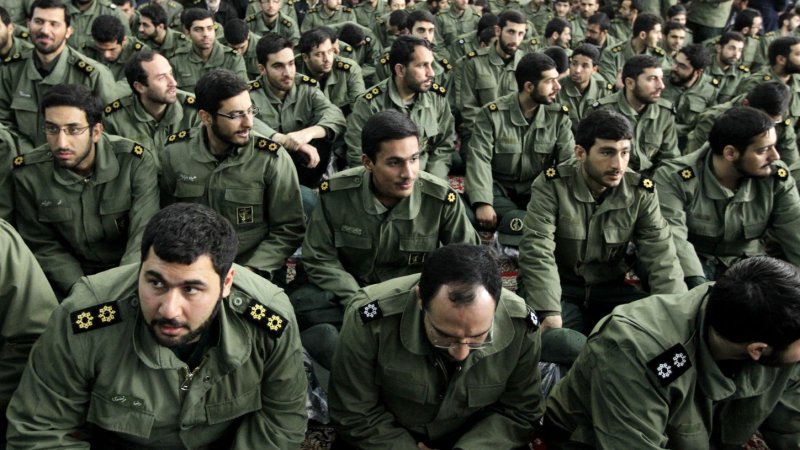Members of Iran's revolutionary guard. UPI/Maryam Rahmanian |
License Photo
WASHINGTON, Dec. 20 (UPI) -- Washington sees a resurgence of state support for terrorist groups amid the changing political landscape of the Middle East, an official said.
Al-Qaida affiliates in Syria, Mali and Yemen have increased activities in security vacuums that have emerged after political upheavals across the Middle East and North Africa. Al-Qaida in Iraq has expanded its reach into Syria while a terror group helped Islamic rebels take control in northern Mali.
Daniel Benjamin, a counter-terrorism coordinator for the U.S. government, told scholars at the Brookings Institution that, while al-Qaida remains a threat, there seems to be more state support for terrorism in the region.
"We have witnessed a resurgence of state sponsorship of terrorism, especially in the dangerous and destabilizing activities of the Iranian regime, through the Iranian Revolutionary Guard Corp's Quds Force, and Tehran's ally Hezbollah," he said.
Hezbollah said recently it sent an Iranian-made drone over Israeli territory. The Shiite resistance movement is seen as a key ally to Syria in the region. Iran has recently offered what it says is a way to bring about an end to the Syrian war, however.
Benjamin said the political transformations in the region are having "a profound effect" on counter-terrorism efforts.
"Some of the most dangerous threats have receded noticeably, but new ones are emerging," he said. "While perhaps not as threatening now, these cannot be viewed with complacency."





